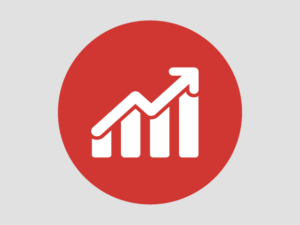
FACTS
- High Stress Environments: Workplaces with excessive workloads, long hours, or lack of support increase risks of stress, anxiety, and burnout, negatively impacting employee mental health and productivity.
- Insufficient Mental Health Training: Managers often lack training to recognize mental health issues or foster psychological safety, leading to unaddressed employee struggles and higher absenteeism.
- Stigma Barriers: Fear of stigma or job repercussions discourages employees from seeking mental health support, delaying intervention and exacerbating conditions like depression or anxiety.
- Inadequate Support Programs: Limited access to Employee Assistance Programs (EAPs), counseling, or flexible work options hinders mental wellness, particularly in high-pressure industries like construction or healthcare.
- Financial Insecurity: Job instability or insufficient wages contribute to mental health challenges, with financial stress amplifying anxiety and reducing workplace engagement.
- Remote Work Challenges: While offering flexibility, remote or hybrid work can increase feelings of isolation or blur work-life boundaries, straining mental health without proper support.
STATS
- Mental Health America’s 2024 Mind the Workplace report found that 45% of workers in construction and engineering took time off due to poor mental health, with 30% using annual leave to avoid stigma.
- The Canadian Institute for Health Information (CIHI) reported in 2023 that 29% of Canadian adults had a diagnosed mental health condition, with financial stress as a key workplace contributor.
- A 2022 Journal of Occupational Health study estimated that poor workplace mental health cost U.S. private employers $43–46 billion annually due to absenteeism and presenteeism.
- Statistics Canada noted in 2020 that 55% of Canadians reported excellent or very good mental health, down from 68% in 2019, with workplace stress and isolation as significant factors.
- A 2023 Forbes Health survey indicated that 47% of U.S. employees displayed presenteeism due to mental health issues, reducing productivity across sectors.
- WorkSafeBC reported in 2022 that 10% of workplace compensation claims in British Columbia were for mental health issues, often linked to high-stress work environments.
- A 2024 EHS Today report stated that workplaces with mental health training and EAPs saw a 25% reduction in employee turnover, particularly in high-stress industries like manufacturing.